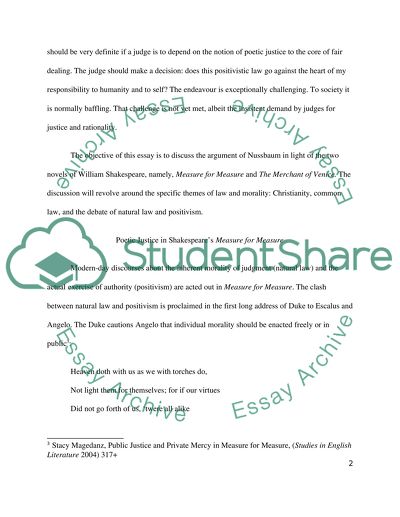Cite this document
(“Legal theory Essay Example | Topics and Well Written Essays - 3000 words”, n.d.)
Retrieved from https://studentshare.org/environmental-studies/1417447-legal-theory
Retrieved from https://studentshare.org/environmental-studies/1417447-legal-theory
(Legal Theory Essay Example | Topics and Well Written Essays - 3000 Words)
https://studentshare.org/environmental-studies/1417447-legal-theory.
https://studentshare.org/environmental-studies/1417447-legal-theory.
“Legal Theory Essay Example | Topics and Well Written Essays - 3000 Words”, n.d. https://studentshare.org/environmental-studies/1417447-legal-theory.


